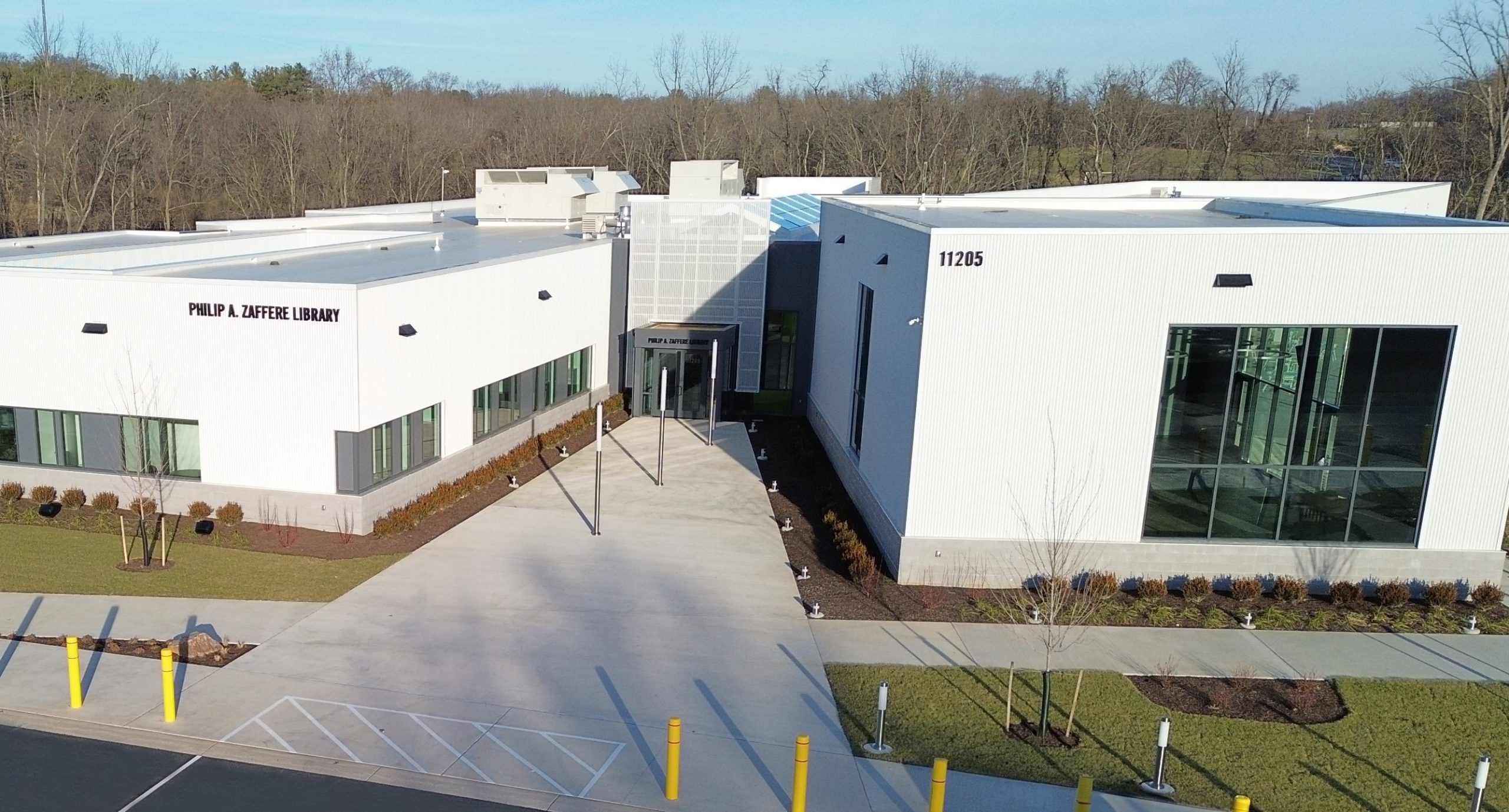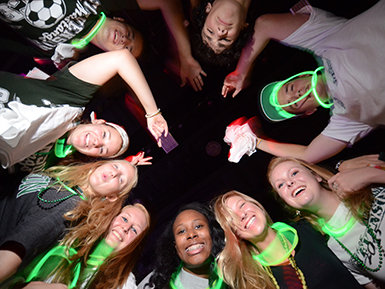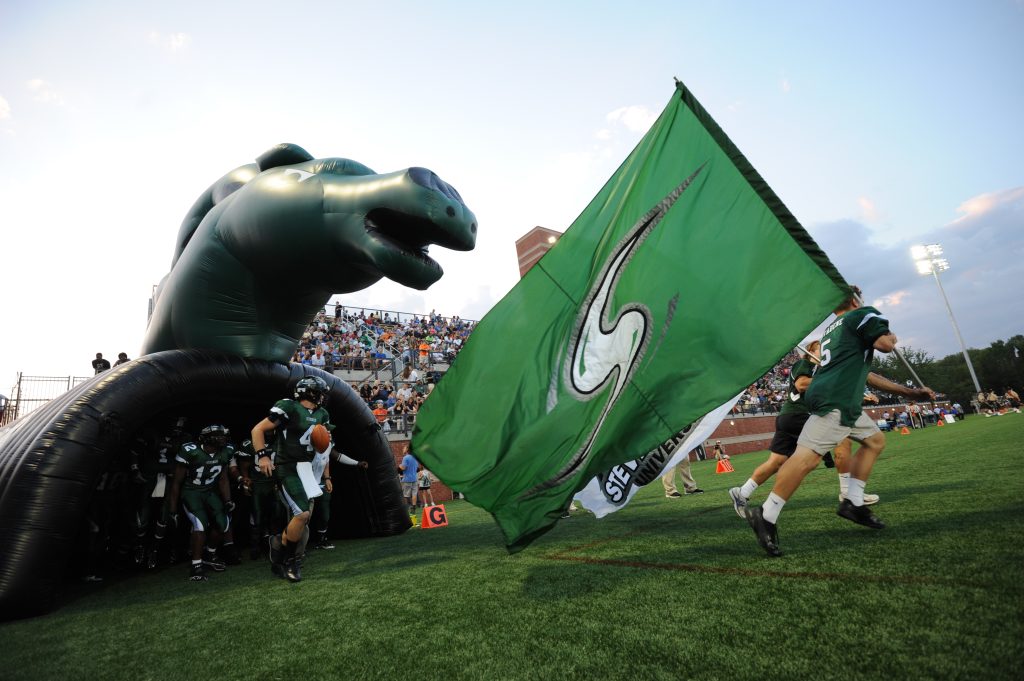The University provides eligible employees with the opportunity to accrue paid sick and safe leave. Sick and safe leave usage greater than three days is coordinated with the Family Medical Leave Act and/or University Medical Leave, which requires the employee to obtain and complete documentation from Human Resources. Sick and safe leave can be used for:
- Care or treatment of the employee or family member’s physical or mental illness, injury or condition
- Preventive medical care for the employee or family member
- Maternity leave (requires medical certification)
- Paternity leave (up to 64 hours)
- Absences that are necessary (whether for medical attention, victim assistance services, or legal services) due to domestic violence, sexual assault or stalking committed against the employee or the employee’s family member (up to 64 hours)
An employee may use their accrued sick and safe leave to care for these family members:
- A biological child, an adopted child, a foster child, or a stepchild of the employee
- A child for whom the employee has legal or physical custody or guardianship
- A child for whom the employee stands in loco parentis, regardless of the child’s age
- A biological parent, an adoptive parent, a foster parent or a stepparent of the employee or of the employee’s spouse
- The spouse of the employee
An employee may use up to 64 hours of their accrued sick and safe leave in a fiscal year to care for these family members:
- A biological grandparent, an adopted grandparent, a foster grandparent, or a step-grandparent of the employee
- A biological grandchild, an adopted grandchild, a foster grandchild, or a step-grandchild of the employee
- A biological sibling, an adopted sibling, a foster sibling, or a stepsibling of the employee
Accrual
Sick and safe leave may be accrued only when an eligible employee is actively employed. Sick and safe leave is not accrued during an unpaid leave of absence or in a bi-weekly pay period when a part-time or student employee works fewer than 24 hours.
Unused sick and safe leave may be rolled over from one year to the next with a maximum accrual of 240 hours for full-time staff, 120 hours for part-time regular staff, and 40 hours for eligible part-time staff and students. A year is defined as the first day of the pay period of the fiscal year and ending the last day of the pay period of the fiscal year.
ANNUAL SICK & SAFE LEAVE ACCRUAL SCHEDULE | |||
Employment Classification | Annual Accrual Limit | ||
Full-Time Staff | Immediate Upon Employment | Eligible to accrue 6.66 hours for Monthly employees Eligible to accrue 3.08 hours for Bi-weekly employees | 80 hours |
Part-Time Regular Staff | Immediate Upon Employment | Eligible to accrue 1.54 hours for bi-weekly employees | 40 hours |
Part-Time On-Call Staff and Students | After 15 weeks of employment | Eligible to accrue .0334 for all hours worked when employee works 24 or more hours in a bi- weekly pay period | Up to 40 hours |
Faculty, resident assistants, senior resident assistants, graduate assistants, part-time coaches, part-time assistant coaches, human services supervisors, education supervisors, and clinical supervisors do not accrue sick and safe leave.
Scheduling
Whenever possible, sick and safe leave should be requested in advance. In all cases, sick and safe leave should be reported to the staff member’s supervisor by the start of the employee’s workday.
If necessary, with the approval of the full-time staff member’s supervisor, sick and safe leave may be advanced up to the employee’s maximum accrual rate allowed for the fiscal year.
The University reserves the right to request medical opinion and/or documentation. Medical
documentation will be required when the sick and safe leave exceeds three consecutive work days.
Payout
Sick and safe leave accrued balance is not paid out upon termination of employment. Sick and safe leave taken, but not earned, at the time of an employee’s termination of service with the University shall be deducted from the last paycheck.
(Approved June 2018)






